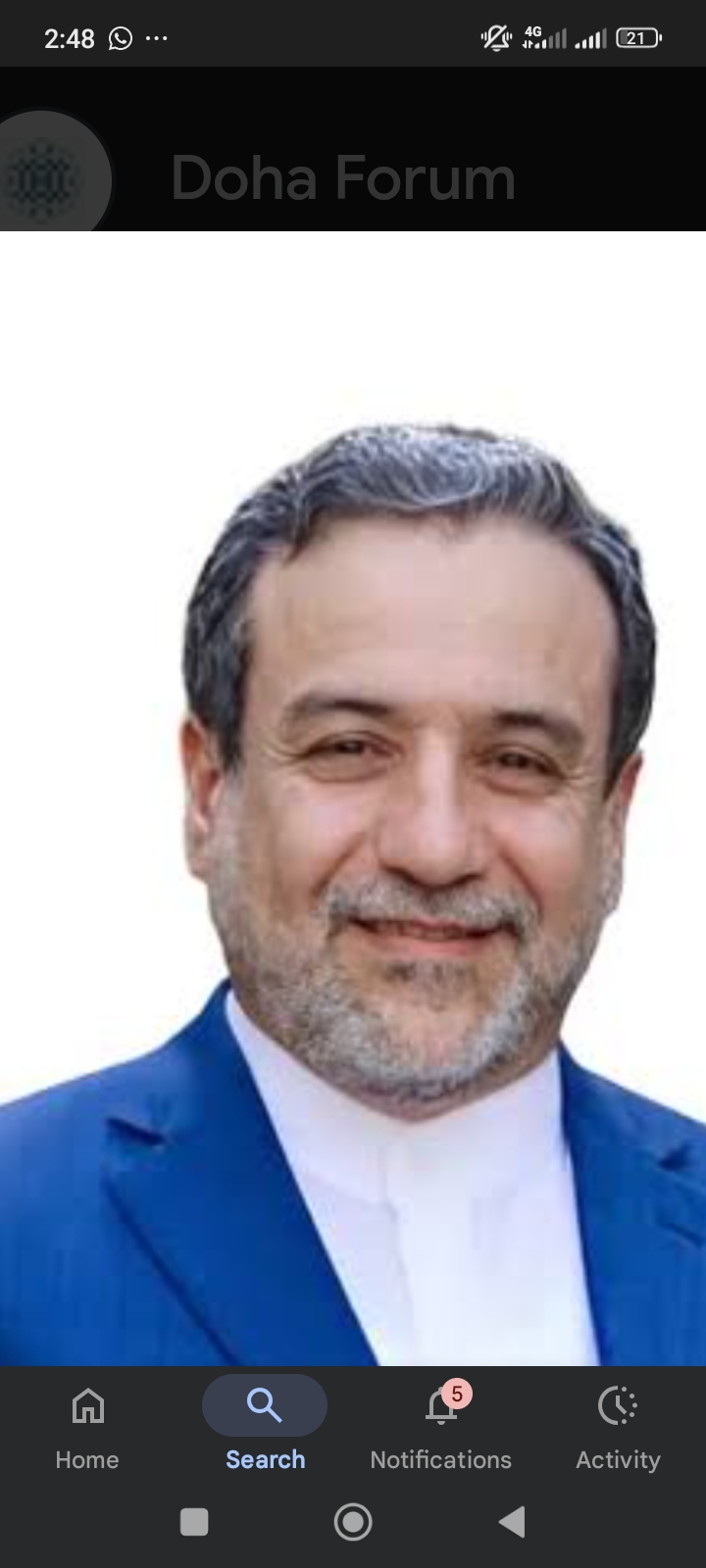The United States has launched coordinated airstrikes on key Iranian nuclear facilities, dramatically escalating tensions in the Middle East and triggering widespread international and domestic responses.
The strikes, which took place between 21st and 22nd June 2025, targeted Iran’s Fordow, Natanz, and Isfahan nuclear sites. President Donald Trump described the operation as a “spectacular military success,” claiming that the sites had been “completely and totally obliterated” using B‑2 bombers and Tomahawk missiles.
Iran, however, condemned the attack as a violation of international law. Foreign Minister Abbas Araqchi said the strikes breached the UN Charter and the Nuclear Non-Proliferation Treaty (NPT), warning that Tehran would defend its sovereignty “by all available means.” Iran’s atomic agency reported no radiation leaks and insisted its nuclear programme would continue.
The United Nations and several countries, including Australia, New Zealand, and Mexico, urged restraint and called for diplomatic engagement to prevent further escalation. Venezuela and Cuba condemned the US action outright, describing it as a breach of international norms.
Back in Washington, the attack has reignited the debate over presidential war powers. While Republican lawmakers largely supported the operation as a deterrent to Iran’s nuclear ambitions, several Democrats and some Republicans criticised the move for lacking congressional approval. Legislators such as Alexandria Ocasio-Cortez, Hakeem Jeffries, and Senator Tim Kaine called for stricter limits on the executive’s military authority.
Meanwhile, global financial markets reacted sharply. Oil prices surged amid fears of broader regional conflict, while cryptocurrencies saw a selloff—Ethereum dropped by over 5%, and Bitcoin dipped slightly. Some American business leaders praised the strike as a bold move to restore global deterrence, while others warned of the economic uncertainty it could unleash.
As the region braces for potential Iranian retaliation—either directly or through proxy groups—observers say the next few days will be critical in determining whether this marks the start of a wider conflict or a high-stakes diplomatic turning point.





